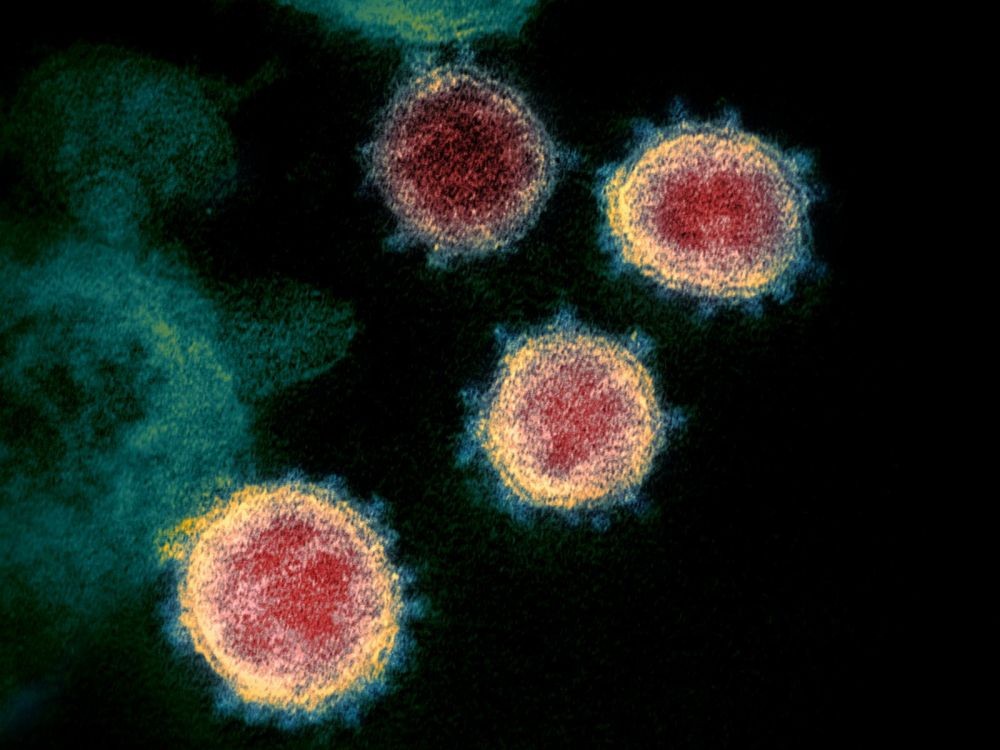After isolating an antibody produced by llamas, researchers believe that the immune system of these animals could neutralize coronaviruses. And it could be that the antibody in question can also protect humans.
Various media recently mentioned a study recently pre-published in the journal Cell (PDF in English / 66 pages). This one, led by Belgian, German and American researchers, focused on an animal:the llama. Specifically to a four-year-old llama living in captivity at the University of Ghent (Belgium). Indeed, the animal, baptized Winter, has developed an antibody against coronaviruses!
The scientists claim to have isolated the antibody in question. Although more studies and clinical trials are needed to gain certainty that this antibody can indeed protect human beings, the researchers still mentioned rather encouraging preliminary results.
Llama antibody attacks spike proteins coronaviruses, and therefore to those of SARS-CoV-2 causing Covid-19. However, it is these spike proteins (S proteins) that allow the virus to enter host cells in order to replicate there. In addition, researchers know that these S proteins of SARS-CoV-2 bind to receptors of human cells with an about ten times greater intensity to those of the S proteins of the 2003 SARS coronavirus.
But back to our llama. The latter is able to produce two types of antibodies after detection of a pathogen. The first type of antibody resembles those of humans, but the second concerns antibodies that are smaller in size and whose action is more specific. Indeed, these specifically target coronaviruses.

For the study leaders, these are the first known antibodies that can neutralize SARS-CoV-2. Immediately after a patient is infected, they could then be given antibody treatment, synonymous with almost instantaneous protection. But this type of treatment could also be used to reduce the severity of the disease in a person who is already at an advanced stage.
In 2016, the same researchers inoculated the Winter llama with the SARS and MERS coronaviruses. The goal was already to develop a treatment to overcome these diseases. Thus, what was only a secondary project of the University of Ghent is now part of the most important research as part of the fight against Covid-19.
A few weeks ago, a Belgian institute – the Flemish Institute for Biotechnology Research (VIB) – already claimed to have discovered an antibody capable of neutralizing the new coronavirus. However, the researchers had again mentioned the need to conduct additional trials and other tests.